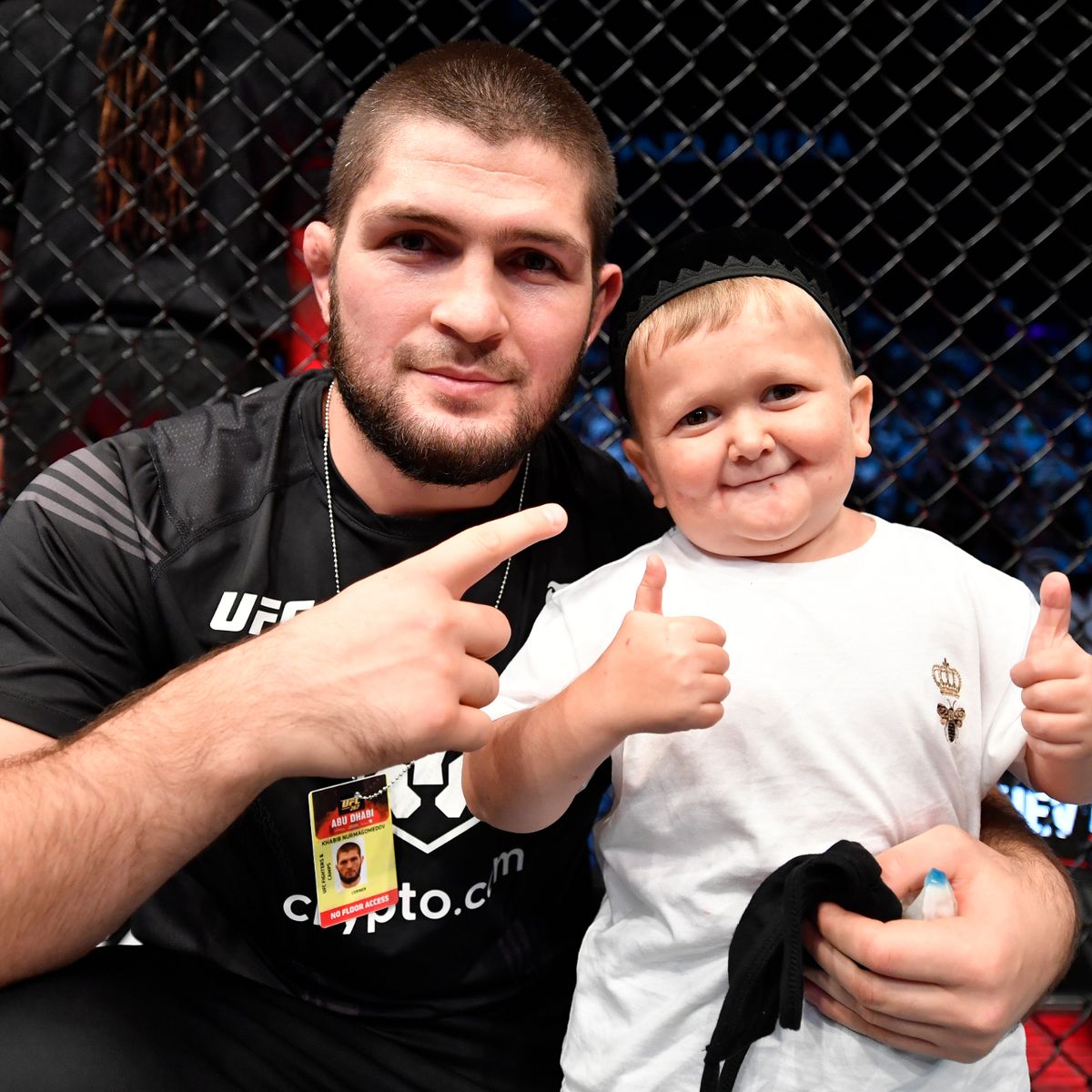What is Hasbulla Disease? Hasbulla Disease is a rare genetic disorder that affects physical growth and development.
It is characterized by short stature, delayed puberty, and distinctive facial features. Hasbulla Disease is caused by a mutation in the GH1 gene, which is responsible for producing growth hormone.
There is no cure for Hasbulla Disease, but treatment can help to improve growth and development. Treatment may include growth hormone therapy, physical therapy, and speech therapy.
Transition to main article topics
hasbulla diseaseIntroduction
{point}Introduction
{point}Introduction
Frequently Asked Questions about Hasbulla Disease
This section provides concise answers to common questions about Hasbulla Disease, offering valuable insights into its nature, causes, and management.
Question 1: What are the primary symptoms of Hasbulla Disease?Hasbulla Disease is characterized by a constellation of symptoms, including short stature, delayed puberty, and distinctive facial features. These features may vary in severity among individuals.
Question 2: Is there a cure for Hasbulla Disease?Currently, there is no cure for Hasbulla Disease. However, early diagnosis and appropriate treatment can significantly improve growth and development, helping individuals with the condition live fulfilling lives.
Summary: Understanding Hasbulla Disease involves recognizing its key symptoms, knowing that there is currently no cure, and acknowledging the importance of early intervention. With proper management, individuals with Hasbulla Disease can thrive and reach their full potential.
Conclusion
Hasbulla Disease is a rare genetic disorder that poses unique challenges for affected individuals and their families. This article has explored the various aspects of the condition, shedding light on its causes, symptoms, and management. While there is currently no cure, early diagnosis and appropriate treatment can significantly improve outcomes for those living with Hasbulla Disease.
As research continues, there is hope for further advancements in understanding and treating this condition. By raising awareness and fostering a supportive community, we can empower individuals with Hasbulla Disease to live fulfilling and independent lives. Together, we can strive for a future where the challenges posed by rare genetic disorders are met with compassion, innovation, and unwavering dedication.
What Does Kathleen Turner's Daughter, Rachel Ann Weiss, Do For A Living?
Unveiling The Personal Life: Jung Ryeo-Won's Relationships
The Ultimate Guide To Laura Davies' Golfer Partner

Hasbulla’s age and rare condition explained by the doctor

Hasbulla (Mini Khabib) Age, Height, Disease, Father, Net Worth